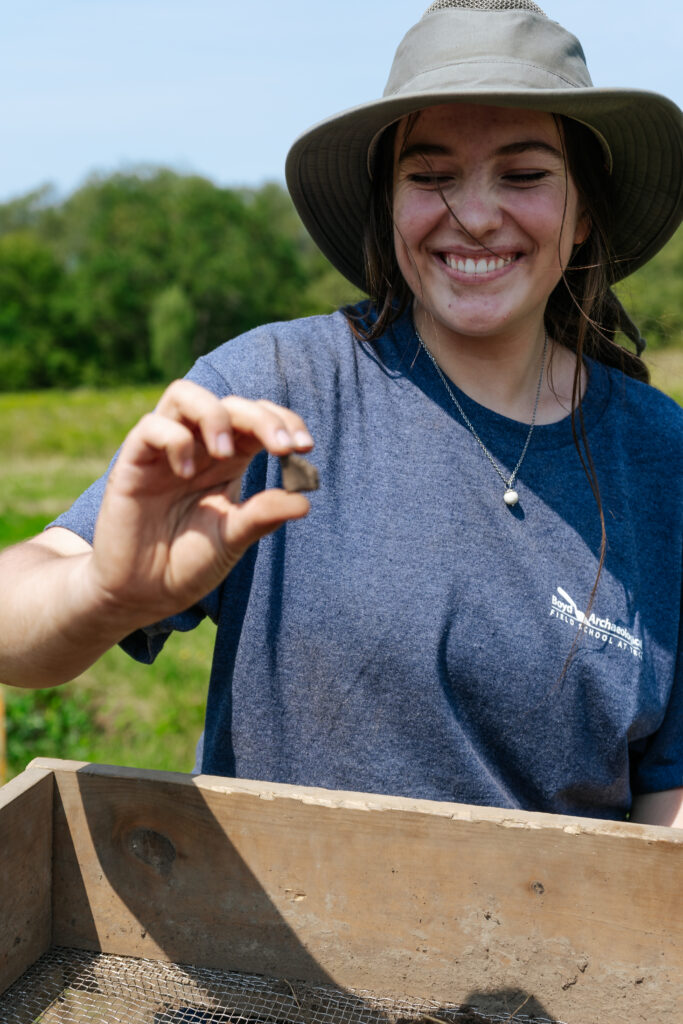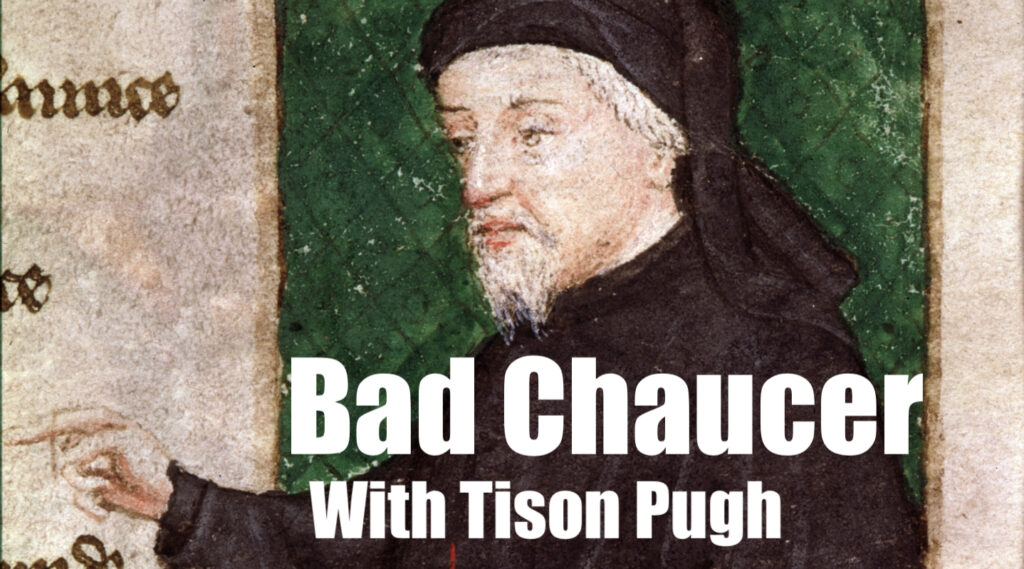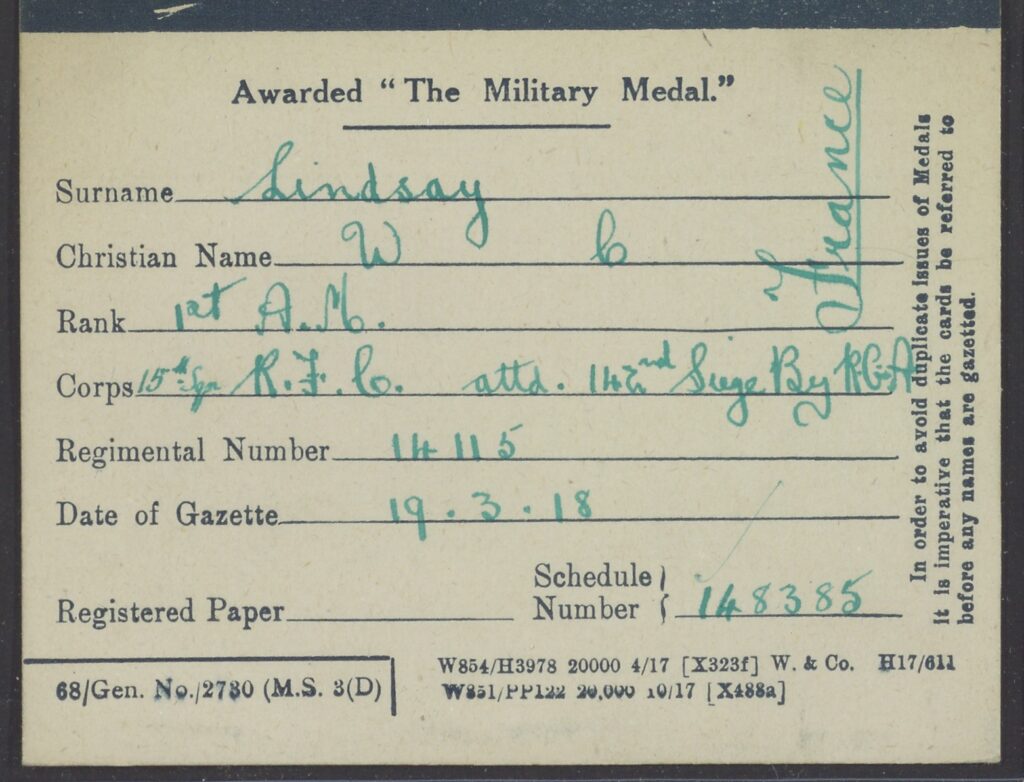October 21, 2024
On this International Day of Archaeology, Toronto and Region Conservation Authority (TRCA) reflects on nearly half-a-century of archaeological education as we prepare to celebrate the 50th anniversary of one of Canada’s most storied archaeological programs, the Boyd Archaeological Field School (BoydFS).
As Canada’s longest-running high school archaeology program, BoydFS offers students a unique opportunity to experience immersive history and engage in archaeological fieldwork, research and experiential learning projects while earning two Grade 12 credits. With nearly 1,500 alumni and over one million artifacts recovered, this extraordinary program continues to shape the future of archaeology while enhancing young people’s understanding of Indigenous cultures in Ontario
Photo caption: BoydFS graduate holding the elbow of an 800-year-old pipe he found in a midden.
A Legacy of Hands-On Learning and Discovery
Since its founding in 1975 in partnership with the Royal Ontario Museum, BoydFS has established a legacy of excellence in archaeological education. Over the past five decades, students have participated in the excavation of real archaeological sites, developing fieldwork skills including mapping of features and artifact recovery. The foundation of the program’s success is a hands-on, experiential learning approach, which has not only led to significant archaeological discoveries but has also shaped the academic and professional careers of many graduates.
BoydFS operates out of Ontario, Canada and has welcomed students from across the country, the United States, and even from as far as Germany, Italy, Holland, Japan, and South Africa. The program’s reputation for excellence was underscored when BoydFS received the Peggi Armstrong Public Archaeology Award in 2006 from the Ontario Archaeological Society, which recognized the innovative teaching curriculum and the program’s ongoing contribution to public archaeology.
Photo caption: Students excavating at the Sebastien site
The Boyd Experience: Combining Excavation with Education
The experience of excavating a real archaeological site forms the heart of the program. From its early days excavating the Seed Barker site – a 16th-century ancestral Huron-Wendat village – to its current work at the Sebastien site, BoydFS provides students with an unparalleled opportunity to engage in meaningful archaeological work. Located near Pickering, Ontario, the Sebastien site is an 800-year-old Middle Iroquoian village with ties to the Huron-Wendat community in Wendake, Quebec. Since 2012, students have unearthed over 50,000 artifacts, shedding new light on Indigenous village life and contributing to Ontario’s historical record.
Photo caption: Students troweling a hearth at the Seed-Barker site
Students alternate between excavation days and classroom instruction at TRCA’s Claremont Nature Centre, where they delve into the cultural history of Canada’s First Peoples. With guest lectures from leading archaeologists and Indigenous educators, students not only learn technical excavation techniques but also develop a deeper understanding of Indigenous culture, history, and contemporary issues. They gain valuable skills including critical thinking, artifact interpretation, and archaeological mapping, which broaden their academic and professional horizons.
Naomi, a 2023 graduate of the program, shared how much the experience impacted her:
“This course has been a life-changing experience. The staff and students were so kind and welcoming. The memories and friends you make will last a lifetime. I managed to get a job in archaeology a month after I graduated from field school, which says something about the value of the experiences you gain!”
Photo caption: Naomi screening for artifacts at BoydFS
Naomi’s mother, Rachael, echoed her sentiments:
“It is a rare thing to find a program that is as academically rigorous as it is physically challenging, full of opportunities for hands-on exploration and creativity such as making tools and pottery. My daughter was surprised how much she loved fieldwork days! Boyd offers opportunities to learn from older students of archaeology and varied guest speakers. Staff are deeply caring and inclusive. Thanks, Boyd!”
Whether digging in the dirt, crafting ancient tools, or engaging with Indigenous educators, BoydFS students leave with more than just historical knowledge—they leave with academic growth and career aspirations, lifelong memories and friendship, and a deeper connection to themselves.
Photo caption: Students practicing their flintknapping skills with onondaga chert, hammerstones and pressure flakers
Educational Impact and Lifelong Learning
The educational value of BoydFS goes beyond traditional classroom learning. During the 17-day on-site course, students are responsible for excavating their own assigned sections of the site, practicing their excavation techniques while being mentored by TRCA archaeologists, many of whom are Boyd alumni themselves. The field school fosters a blend of academic rigor and physical challenge, offering students both a comprehensive introduction to archaeological theory and hands-on practice in artifact recovery, analysis and interpretation.
Students also engage in experiential learning projects such as making stone tools, pottery, and building ancient technologies. These activities bring history to life and appeal to both academic and applied learners. As students recreate tools used by Indigenous peoples centuries ago or mapping settlement patterns and the local environment, they leave the program equipped with practical skills and a deeper appreciation for archaeology as a field.
Photo caption: Student crafting a miniature pottery vessel
Community Partnerships and Indigenous Engagement
The Boyd Archaeological Field School’s success is built on meaningful community partnerships, especially with Indigenous communities. Indigenous educators and speakers play a vital role in the program, providing students with a holistic understanding of the land’s history and the people who have lived on it. Through these collaborations, BoydFS teaches students to think critically about the artifacts they uncover, considering not only how these objects came to be in the ground but also the lives and cultures of the people who left them behind.
In addition to its educational partnerships, BoydFS continues to contribute to Ontario’s archaeological record. Over the past 12 years, excavation at the Sebastien site has revealed artifacts that expand our understanding of Indigenous village life during the Middle Iroquoian period. These discoveries add to the nearly one million artifacts recovered during the school’s earlier excavations at the Seed Barker site, providing crucial insights into the ancestral Wendat peoples who inhabited what is now known as the Greater Toronto Area.
Photo caption: A complete rim recovered by a student at the Sebastien site
Scholarships and Inclusivity: Ensuring Access for All
BoydFS is committed to making archaeology accessible to students from all walks of life. The Carr-Reid Archaeology Bursary, named in honor of Terry Carr and Ray Reid—two individuals instrumental in establishing and nurturing the field school—helps students from lower-income families participate in this life-changing experience. In addition, the Sebastien Scholarship is available to Canadian high school students of First Nations, Métis, or Inuit heritage, offering full tuition coverage to two students each year.
These bursaries and scholarships ensure that students who may not otherwise have access to such an opportunity can still participate and potentially open doors to future academic and career paths.
Photo caption: Sebastien Scholarship recipient showing a fragment of ceramic she found during excavations at the Sebastien site
Looking Ahead: A Bright Future
As BoydFS approaches its 50th year, there is much to celebrate—and much to look forward to. The program’s legacy of experiential learning, community engagement, and archaeological discovery is stronger than ever. The skills learned at BoydFS extend far beyond the site excavation by fostering critical thinking, cultural awareness, and a deep respect for the land and its history.
As we celebrate this International Day of Archaeology, we also celebrate the Boyd Archaeological Field School’s profound impact on archaeology, education, and the thousands of students whose lives have been enriched by the program. With the support of organizations like Durham Continuing Education, the Royal Ontario Museum and TRCA, BoydFS will continue to inspire future generations of archaeologists, historians, and cultural stewards for years to come.
Photo caption: Students working on completing their excavation notes and maps
Help Unearth Their Potential
As opportunities for outdoor education decline, TRCA’s programs have grown in popularity with teachers, parents, and students who believe that learning about the natural world is not a privilege but a right for all students. Donations, corporate sponsorships, and simply spreading the word can make a difference in the lives of young students exploring career opportunities, ensuring that they have the resources they need to excel in their academic and professional journeys.
The Boyd Archaeological Field School Fund aims to ensure equality of opportunity by enabling students with financial barriers to access an innovative and supportive experience that will open doors to educational and career opportunities in the field of archaeology and beyond.
Empower students to overcome financial barriers and pursue their dreams in archaeology and cultural heritage by donating today.
The 50th annual Boyd Archaeological Field School will run August 8 to 24, 2025. For more information please go to our website or email boydfs@trca.ca.
International Archaeology Day Blog


